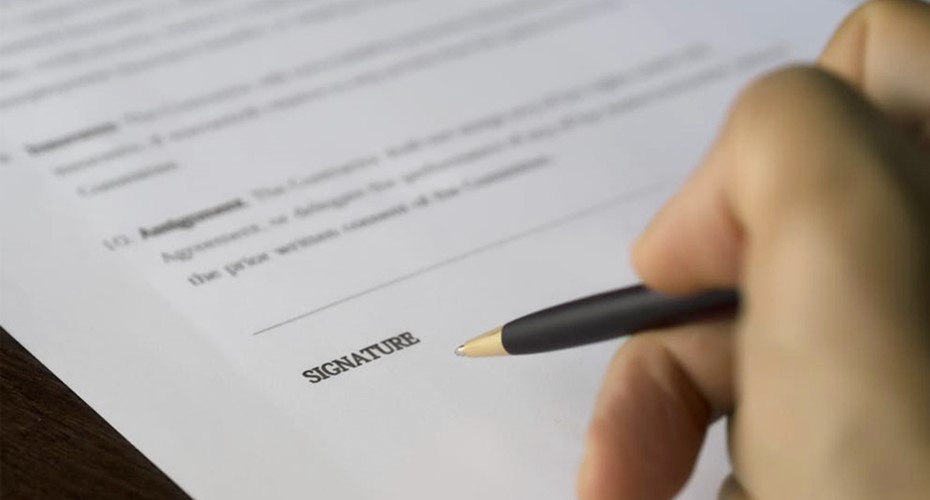Buying a property - use a due diligence clause

Buying a house is an exciting and frightening thing. Exciting for all the obvious reasons but frightening, too: “Did you hear about Chris who bought a house and then found out some horrible things but could not get out of it?” “Horrible things” could be water-tightness issues, an inability to find finance, an unnoticed drain running very near the house, discovering it was prone to flooding, or finding out that those alterations to the house were done without a permit and may need to be demolished. All of these things – and more – can be avoided with the right clause inserted in the sale and purchase agreement before you sign it.
We know that real estate agents put a lot of pressure on you to sign a purchase contract – preferably an unconditional contract – to get the best deal for their client, the vendor. Having said that, it is the agent’s skill and training that will pull the deal together. The agent gets you to pay as much as you can afford and gets the vendor to accept as little they can afford to sell for. Almost all agents do a great job for their vendors and we enjoy working with them. But what should you do when you are making an offer?
The prudent and wise thing to do is to have as few conditions in the agreement as possible, but make those conditions effective. They need to give you maximum possible protection so that if you find any “horrible things” you can walk away. The clause we recommend is a clause called “due diligence”. We have attached one for you at the bottom of this post and recommend that you take it with you and get the agent to insert it in the contract as clause 15. Once the vendor has signed the agreement this clause requires you to do everything you can to confirm this contract. It does not just allow you to change your mind later and walk away. You must make inquiries of your bank and other sources of finance to find finance that you can afford. It allows you to get a building consultant to go through the property and give you a report on its conditions. We strongly recommend that you do this. You are also required to contact the local council and check on permits and consents for the house. You can also have a valuer determine in their opinion the value of the house and give you a written report. This clause allows you to carry out whatever investigations you think you need to do.
If as a result of these inquiries and reports something horrible does come up, you can walk away from the agreement. You must then advise the vendors that the contract is at an end. This clause does not cover the situation where you have a house to sell. If you have to sell your own house then you must put in a clause which covers that. The agent will have a clause that will do the trick. But make sure that the agent does insert this clause in before you sign the contract. These are the magic words to create a “horrible things avoidance clause”:
Due Diligence Clause
This agreement is entirely conditional upon the Purchaser in its sole discretion being satisfied that the property is suitable for the Purchaser’s intended uses following the Purchaser carrying out due diligence investigations on the overall viability of the property and including but not limited to searching any and all easements, and of any requirements of the local authority or financier, this clause is for the sole benefit of the Purchaser and the Purchaser shall have until 4pm on 10th working day from the date of this contract to give to the Vendor’s solicitor notice that this clause is satisfied failing which the contract shall be at an end. This clause may be waived by the purchaser prior to the prescribed time at the sole discretion of the purchaser.
Receive updates on the housing market, interest rates and the economy. No spam, we promise.
The opinions expressed in this article should not be taken as financial advice, or a recommendation of any financial product. Squirrel shall not be liable or responsible for any information, omissions, or errors present. Any commentary provided are the personal views of the author and are not necessarily representative of the views and opinions of Squirrel. We recommend seeking professional investment and/or mortgage advice before taking any action.
To view our disclosure statements and other legal information, please visit our Legal Agreements page here.

